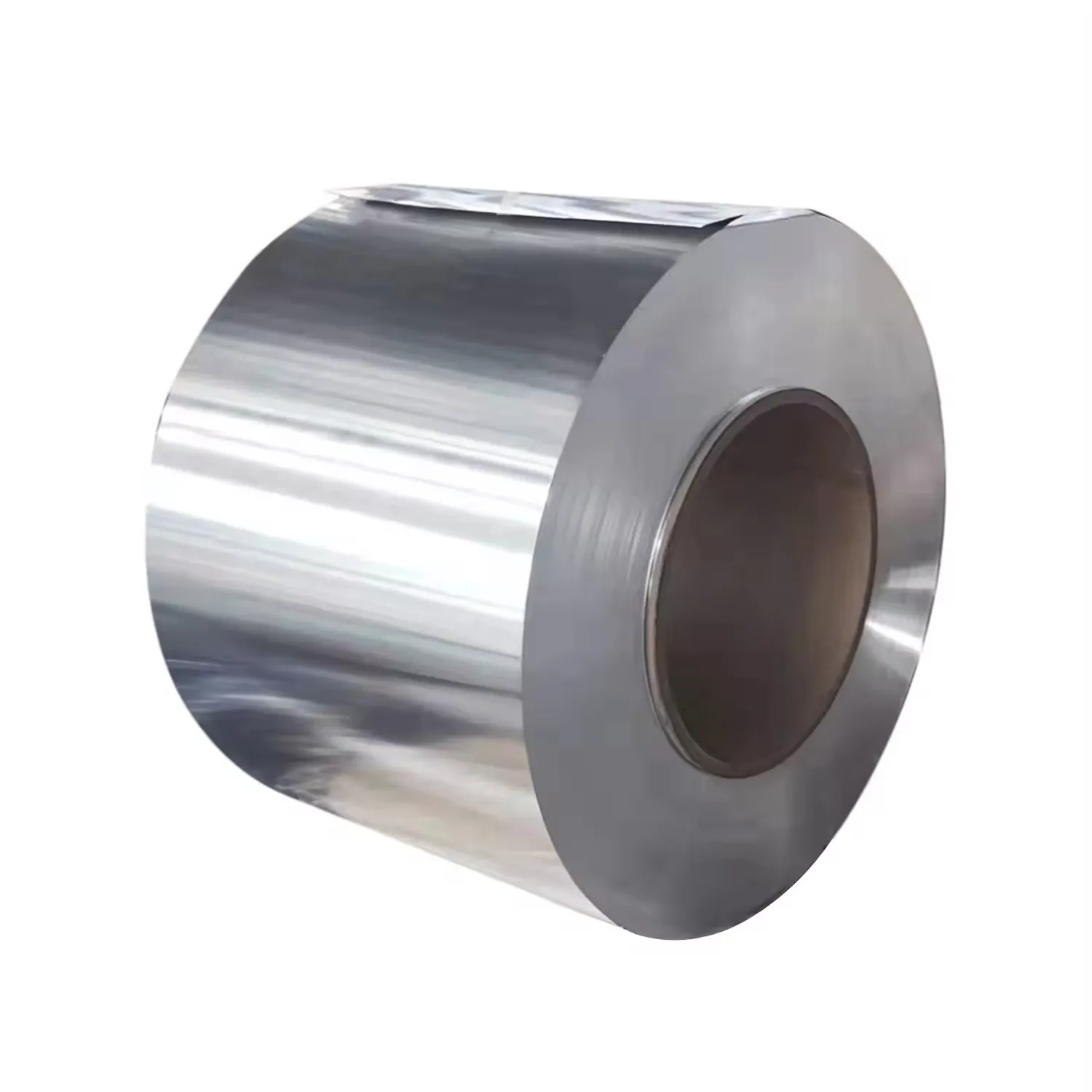Pressure vessel hot rolled steel coil is a specialized material designed to meet the stringent requirements of containing and withstanding high pressure fluids and gases in various industrial applications. Pressure vessels are critical components in industries such as petrochemical, oil and gas, power generation, and chemical processing, where the safe and reliable operation of these vessels is of utmost importance. The manufacturing of pressure vessel hot rolled steel coil involves a combination of precise material selection, advanced steelmaking techniques, and rigorous quality control to ensure the material can handle the extreme conditions inside pressure vessels. The chemical composition of pressure vessel hot rolled steel coil is carefully formulated to provide high tensile strength, excellent toughness, and resistance to corrosion and hydrogen induced cracking. Alloying elements such as manganese, molybdenum, and nickel are often added to enhance the steel's performance, while strict control over impurities like sulfur and phosphorus is essential to prevent brittleness and ensure weldability. One of the key standards governing pressure vessel hot rolled steel coil is the ASME Boiler and Pressure Vessel Code (BPVC), which sets out detailed requirements for material properties, testing, and fabrication. Compliance with these standards is mandatory to ensure the safety of pressure vessels and the protection of personnel and the environment. The manufacturing process of pressure vessel hot rolled steel coil starts with the melting of high quality raw materials in electric arc furnaces or basic oxygen furnaces. After casting into slabs, the material undergoes hot rolling at elevated temperatures to achieve the desired thickness and mechanical properties. Post rolling heat treatment, such as normalizing or quenching and tempering, is often applied to refine the microstructure and optimize the steel's strength and ductility. Quality control for pressure vessel hot rolled steel coil is extremely rigorous, involving multiple testing procedures. These include chemical analysis to verify the composition, tensile tests to measure strength and elongation, impact tests to assess toughness, and non destructive testing methods like radiography and ultrasonic testing to detect any internal flaws. Additionally, pressure vessel steel coils may undergo specialized tests for resistance to hydrogen embrittlement and stress corrosion cracking, depending on the specific application. In recent years, the development of pressure vessel hot rolled steel coil has focused on meeting the demands of higher operating pressures, higher temperatures, and more corrosive environments. This has led to the introduction of advanced steel grades, such as creep resistant alloys and duplex stainless steels, which offer improved performance in extreme conditions. Furthermore, the industry is increasingly adopting digital technologies, such as advanced modeling and simulation, to optimize the design and manufacturing of pressure vessel hot rolled steel coil, ensuring even higher levels of safety and reliability. The global market for pressure vessel hot rolled steel coil is driven by investments in the oil and gas, petrochemical, and power sectors, particularly in regions with expanding industrial bases. As industries continue to prioritize safety and efficiency, the demand for high quality pressure vessel hot rolled steel coil will remain strong, supported by ongoing advancements in material science and manufacturing technology.


